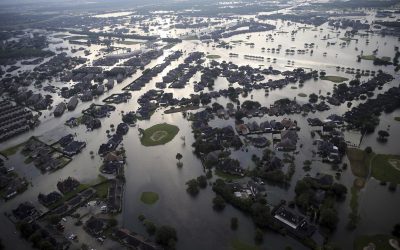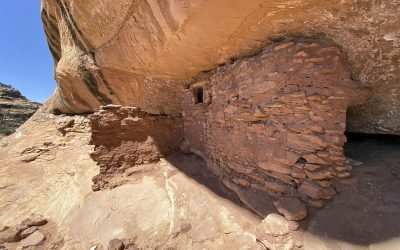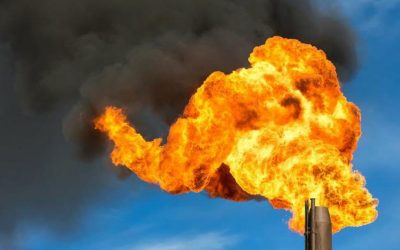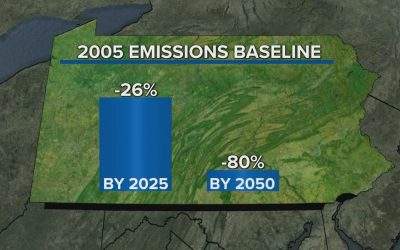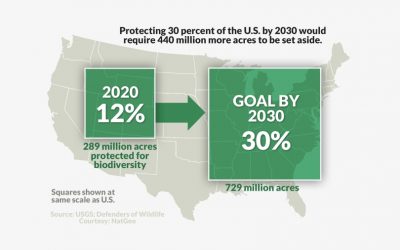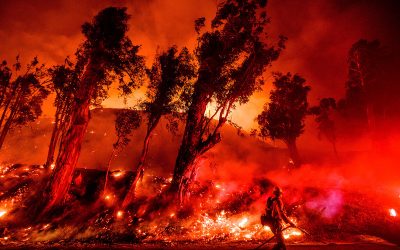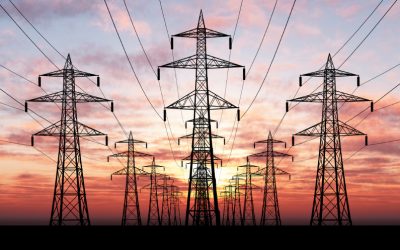Brief #134 – Environmental Policy
By Katelyn Lewis
In dual reports, the U.S. Department of Defense and the National Intelligence Council reached the same conclusion: Climate change poses an exacerbating, adverse effect on national security.
“To keep the nation secure, we must tackle the existential threat of climate change,” the DoD Climate Risk Analysis (DCRA) report said.
Both evidence-based reports were released on Oct. 21 in response to Executive Order 14008.

